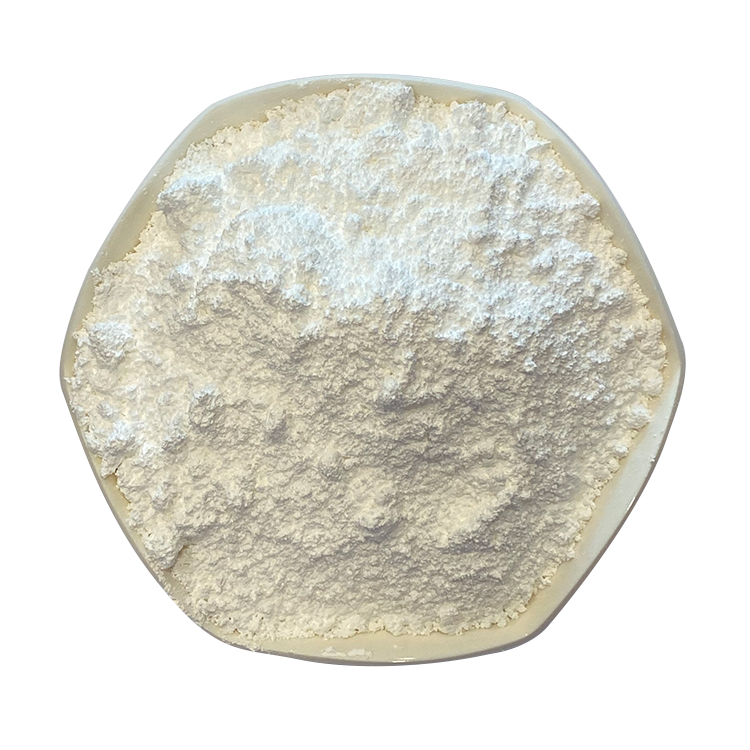
- +86-13363869198
- weimiaohb@126.com

Desemba . 01, 2024 08:38 Back to list
apis and intermediates
Understanding APIs and Intermediates in Pharmaceutical Development
In the pharmaceutical industry, the terms Active Pharmaceutical Ingredients (APIs) and intermediates hold significant importance. Understanding these concepts is crucial for professionals involved in drug development, production, and regulation. This article delves into what APIs and intermediates are, their roles in the pharmaceutical supply chain, and the challenges associated with their production.
What are APIs?
Active Pharmaceutical Ingredients (APIs) are the biologically active components in pharmaceutical drugs that provide therapeutic effects. Essentially, APIs are the primary ingredients that undergo rigorous testing and regulatory scrutiny to ensure their efficacy and safety. They can be derived from natural sources, such as plants or microorganisms, or synthesized through chemical processes. The quality, purity, and dosage of APIs play a critical role in the success of a pharmaceutical product.
APIs must meet stringent regulatory standards set by health authorities, such as the United States Food and Drug Administration (FDA) and the European Medicines Agency (EMA). These standards ensure that APIs are manufactured consistently and reliably, with minimal variations that could impact patient health. The development process for APIs often involves extensive research and development (R&D) activities, including preclinical and clinical trials.
Role of Intermediates
Intermediates are chemical compounds that are formed during the synthesis of APIs. They serve as bridge substances in the chemical reaction pathways that lead to the final API. The synthesis of most APIs involves multiple steps, each producing one or more intermediates along the way. These intermediates, while not biologically active themselves, are crucial for the efficient and cost-effective production of APIs.
The quality of intermediates can significantly influence the quality of the final API. Thus, their synthesis must also adhere to strict quality controls. Manufacturers often work on optimizing the production processes for intermediates to enhance yield and reduce costs without compromising safety and efficacy.
apis and intermediates

The Supply Chain Dynamics
The production of APIs and intermediates is part of a complex global supply chain that involves various players, including raw material suppliers, chemical manufacturers, and pharmaceutical companies. Often, API production is outsourced to Contract Manufacturing Organizations (CMOs) due to their expertise in chemical synthesis, which can lead to cost savings for pharmaceutical companies.
However, relying on external manufacturers also introduces risks, such as supply chain disruptions, variations in quality, and intellectual property concerns. The COVID-19 pandemic highlighted these vulnerabilities, prompting many companies to reconsider their supply chain strategies and to pursue a more localized approach to API production.
Challenges in API and Intermediate Production
There are several challenges associated with the production of APIs and intermediates. Regulatory compliance is a significant hurdle; manufacturers must navigate complex regulations in different countries. Additionally, maintaining quality control throughout the production process is essential to prevent contamination or deviations that could lead to product recalls.
Another challenge is the rising costs of raw materials and production processes. The need for more sustainable practices is becoming important in the industry, pushing companies to explore greener synthesis methods and alternative sourcing strategies. Furthermore, the competition in the market is intensifying, which demands innovation and efficiency in production.
Conclusion
In conclusion, APIs and intermediates play vital roles in the pharmaceutical industry, serving as the foundation for drug development. Their production involves complex processes that must meet strict regulatory requirements. As the industry continues to evolve, addressing the challenges associated with API and intermediate production will be essential for ensuring the availability of safe and effective medications. Moving forward, collaboration, innovation, and sustainable practices will be key drivers in enhancing the pharmaceutical supply chain.
-
Top CAS: 79099-07-3 Factories & Wholesale Supplier from China
NewsJul.30,2025
-
High-Quality GS-441524 for White Liquid Type Factories & Suppliers
NewsJul.29,2025
-
High-Quality Pharmaceutical Intermediates for Sale – Reliable Supply
NewsJul.29,2025
-
High-Quality Pharmaceutical Intermediates for Sale - Reliable Solutions
NewsJul.29,2025
-
High-Quality Pharmaceutical Intermediates Supplier for Global Market
NewsJul.28,2025
-
GS-441524 for White Liquid Type Factories – High Purity & Reliable Supply
NewsJul.28,2025